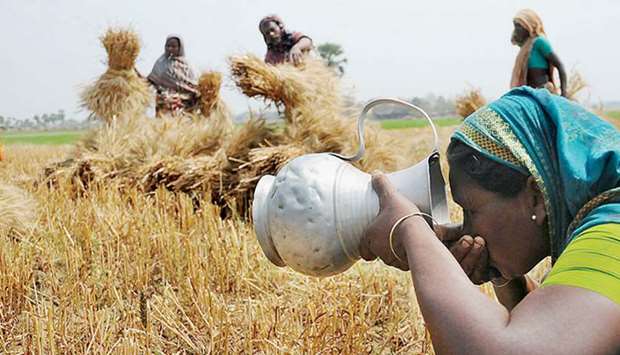The imam and five mosque officials face charges after their announcement prompted locals in the western town of Kumarkhali to try and prevent women from going to work in the fields.
"They took the decision after prayers on Friday, banning women from going out of their homes," local police chief Abdul Khaleque told AFP.
"They used the mosque's loudspeakers that evening to spread the news."
Muslim-majority Bangladesh is officially secular, but Muslim clerics are hugely influential, particularly in the more socially conservative rural areas of the country.
Fatwas were banned in 2001, but the nation's highest court in 2011 ruled that they could be issued on personal and religious matters if they did not impose physical punishment.
Rights groups have criticised that ruling, saying villages far from Bangladesh's secular courts use fatwas to issue sentences that go against the nation's laws.
Women were once largely confined to the home in rural Bangladesh, but a labour shortage has meant millions now work in the fields during harvest or crop sowing season.
Women also account for some 80 percent of four million workers in the country's 4,500 textile plants -- the mainstay of the impoverished nation's economy.
Police said the six arrested would face charges under the special powers act, a controversial military-era law.

A woman farm worker drinks during rice harvesting in a rural area of Rajshahi, Bangladesh. Picture courtesy: Dhaka Tribune
A Muslim cleric accused of issuing a fatwa banning women from working on farms has been arrested in Bangladesh, police said Wednesday.
